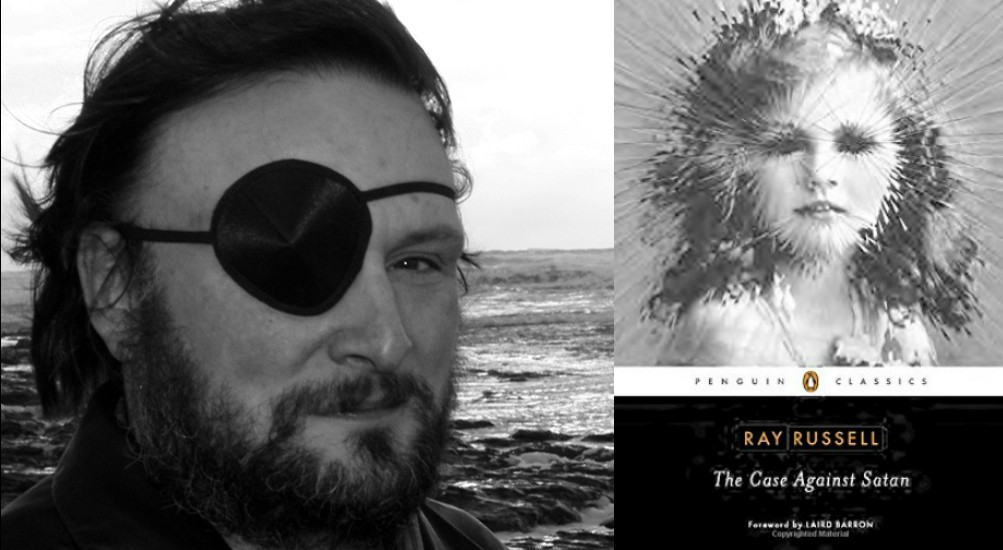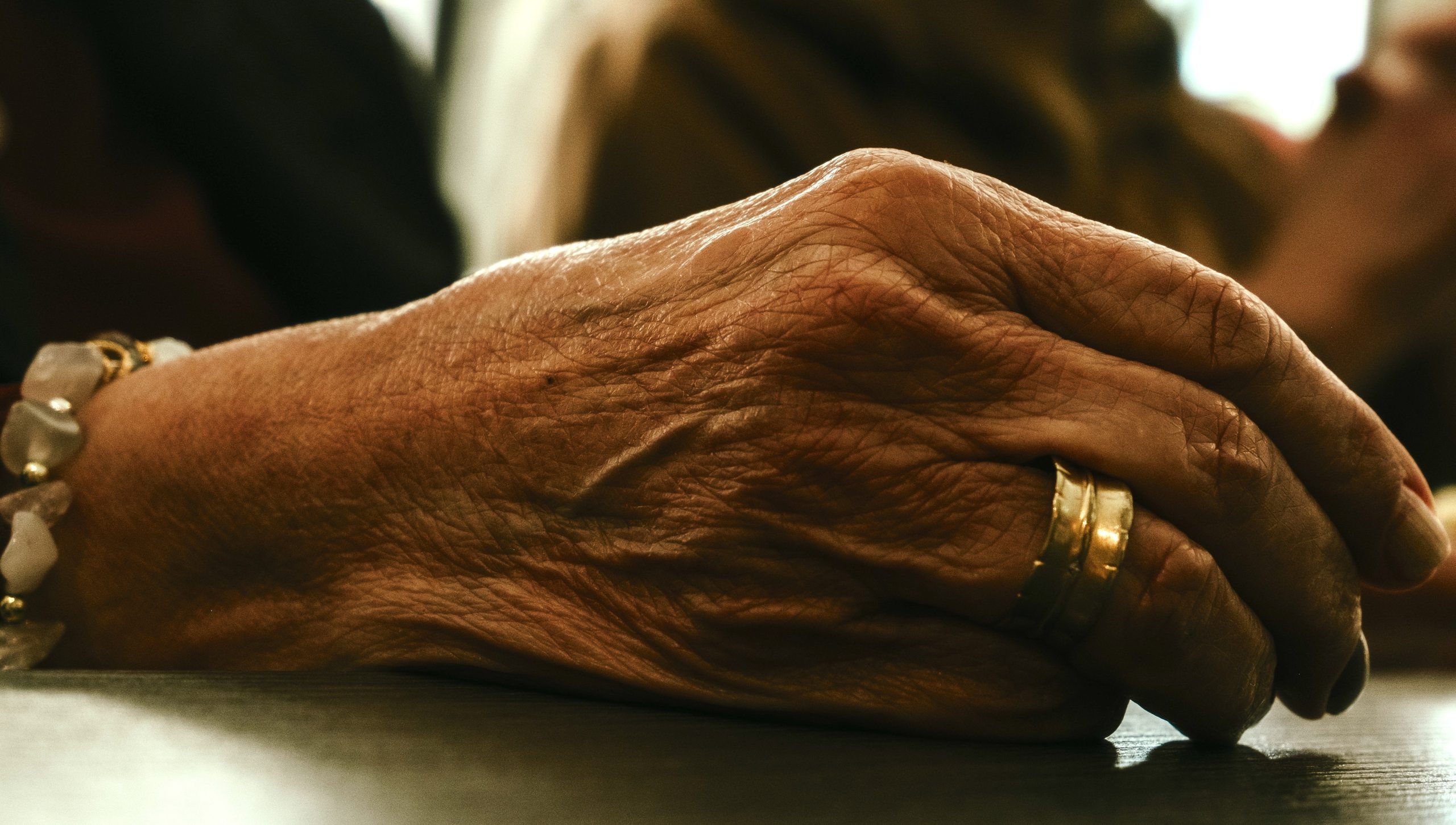essays
My Mother’s Ghosts

My mother, born and raised in Taiwan, believes in spirits. “I’ve seen them on my own eye,” is how she puts it. When I was a kid her stories of ghost sightings came across as weirdly banal because she never told them as entertainment, but as reportage, and believing in spirits in Taiwan, at least figuratively, is a matter of custom.
Zhong Yuan Jie — Ghost Month — begins on the first day of the seventh month on the Chinese calendar, which typically corresponds to August on the Western calendar. This is when the gates of the spirit world open and spirits mingle with the living. To honor ancestor spirits, and ease the suffering of restless spirits, Buddhist and Daoists pray with incense, offer food, burn ghost money, and light water lanterns to guide the spirits back to the spirit world.
Though I’d been visiting Taiwan since I was two months old, I first became intellectually curious about Ghost Month in 1999. That was also the year my mother’s hometown, Jiu Fen, first haunted me. A former gold boomtown, the mines shut down and the town went into economic depression until two movies — A City of Sadness, and Spirited Away — made it a tourist destination. I must have seen my grandfather’s portrait on a family altar at some point but if I did, I don’t remember. My mother says he was a handsome playboy who wore white Western style suits. When I walked past the mouths of mines my grandfather and great grandfather worked, I thought of them as mausoleums because I have never visited either man’s physical grave.
My grandfather died when my mother was eight, leaving my grandmother to liquidate the family mine holdings in Jiu Fen. She bought a lychee orchard in Taichung and moved my mother, and aunts and uncles there, leaving her newborn son with a local adoptive family. My mother’s explanation: a fortuneteller told my grandmother that my youngest uncle’s birth, so close to my grandfather’s death, was inauspicious. I don’t like this story. My grandmother was herself given to a relative for adoption after her mother died in childbirth. My mother believes in fate, as if my grandmother didn’t have a choice, but I’ve always chafed at fatalistic thinking. I will never like this story.
Unlike some avid storytellers, the details of my mother’s ghost stories don’t change. Maybe that’s because they’re so archetypal, but I like to think that because she believes them to be true, there’s no need to make them stranger, scarier, better.
Here is my favorite:
When she was sixteen she lived and worked in Kaohsiung and took a late train to Taichung to visit her family. By the time she walked up the country road it was past midnight, when spirits are most active. Just before she reached a small bridge she saw a figure of a longhaired woman wearing an old-fashioned robe floating up among the trees that loomed over the road. Before the spirit could reach down to possess her, my mother ducked underneath, ran, and didn’t look back. Here she stops to explain that you’re born with protective lights on both shoulders and to look back at the thing that you fear is to risk blowing out that light, giving that “dirty thing” a way in.
She stops to explain that you’re born with protective lights on both shoulders and to look back at the thing that you fear is to risk blowing out that light.
Upon hearing my mother’s story, my grandmother confirmed that her friend, Ah Ha, had seen the same thing in the same place; Qing dynasty era women had hanged themselves from the tall trees. This is the classic arc of ghost stories — trespass on tainted ground summons a supernatural presence, narrow escape, confirmation from a second hand source, then the sad revelation of an earlier tragedy that underscores what one stands to lose if one is not careful. My mother concluded her story by explaining that the female spirit wanted to possess her body so that she could finally be reincarnated, something made impossible due to her suicide.
My grandmother died when I was sixteen. After her funeral, my mother returned from Taiwan a newly devout Buddhist. As a child she’d had vivid dreams of Guan Yin, and Chinese gods and goddesses, so often that my grandmother consulted a Buddhist nun about it. The nun said my mother had a special connection to gods and spirits. In New York my mother only prayed during Lunar New Year, but after my grandmother’s death she set up a home altar with red bulbed lotus lamps, a gold statue of Guan Yin, and on a lower shelf, a photograph of my grandmother.
Prayer became something she scheduled life around; life lived according to the Chinese calendar, superstition heightened — small measures of control in the face of grief and uncertainty. And why not? Within a few years of my grandmother’s death my mother divorced my father, remarried, and divorced again. There was a period where she hated the color blue because she’d read it was inauspicious. We once stood in line at a cell phone store for fifteen to twenty minutes while the employee scrolled through numbers until he found one that didn’t contain the number four — a Chinese homophone for death. When I looked for a new apartment in Brooklyn she warned me not to live near a cemetery. Anytime she was anxious about something — the outcome of an application for health insurance, for example — she lit incense, prayed, posed her question to Buddha, and then threw down jiaobei — two red wooden rounded crescent moon shaped divination blocks. Your question will be answered depending on what combination of flat or round appears — divine answer (yes), angry answer (no), or laughing answer (no, and Buddha laughs at your question). The crack of jiaobei hitting the floor is anxiety given a voice.
She encouraged me to light incense to Mazu, to ask the goddess to help find my soon-to-be-ex-husband a job so he could move out of the apartment we still shared.
The last time I was in Taiwan it was the middle of Ghost Month and I asked my mother a question about the festival, but she just shushed me and shook her head. You don’t talk about Ghost Month during Ghost Month. Instead, she took me to a Daoist temple and encouraged me to light incense to Mazu, to ask the goddess to help find my soon-to-be-ex-husband a job so he could move out of the apartment we still shared. This was the best comfort she could offer me; I had long stopped expecting anything different.
When I visited the Chuang Yen Buddhist temple in upstate New York I took a walk on the grounds and wandered into the columbarium — where ashes of the deceased are interred. The quiet of the woods was broken by tinny music coming out of a laptop speaker. White people were doing yoga in front of the columbarium. This was during Ghost Month — an inauspicious time to disrespect the dead with downward dog, but this is what people do when they believe something is mere decoration.
At a low point in my mother’s life I sought out and found a Taiwanese and Mandarin-speaking therapist for her. She resisted the very idea of therapy and I admit I threatened to withdraw my financial support if she didn’t go. She wanted me to stay in the room with her but the therapist reassured her that it was better if they talked in private. Afterward, at least for a little while, she was less anxious having had the chance to air her grievances in a language that comes effortlessly, but that was her only session. Her insurance wouldn’t cover therapy because she wasn’t diagnosed with a serious mental disorder; the therapist told me my mother was lonely and homesick.
My parents still talk regularly, even though my father now lives in New Orleans. Maybe it’s because my father also has a personal investment in magical thinking. In our house it was easier to talk about ghosts than it was to talk about depression or addiction. After one of their conversations she finally tells me she’s homesick for Taiwan. She tells me a story about an immigrant woman who lived with her daughter and son-in-law. When the daughter dies, the woman falls into a deep depression until a doctor orders her son-in-law to send her to the home country. “And then she was free like a bird flying. She talked to all the neighbors. She was okay. But I’m not sick like her. I just need to go back for a little while.”
It feels impossible to truly know anyone, even if you speak the same language, which my mother and I do, but just up to a point. The other day I learned she didn’t know the English word for octopus, but she surprised me once by asking me if I was suffering from unrequited love. So, even if I concede I will never truly know another person, it’s worth it to try for an interpretation and that’s where my mother’s ghost stories and our family stories, another kind of ghost story, come in. Like dreams, ghost stories reveal our subconscious fears, that which we cannot name in daylight.
When I was younger, and my mother’s death seemed theoretical, I promised to send her ashes back home to Taiwan, to be buried with our ancestors. Days later, as we walked back from the Buddhist temple near my aunt’s house, she stopped me in the road and told me not to bring her ashes back to Taiwan. When I asked why she said, “Taiwan is too far and my spirit can’t cross the ocean. I won’t be able to find you.”








